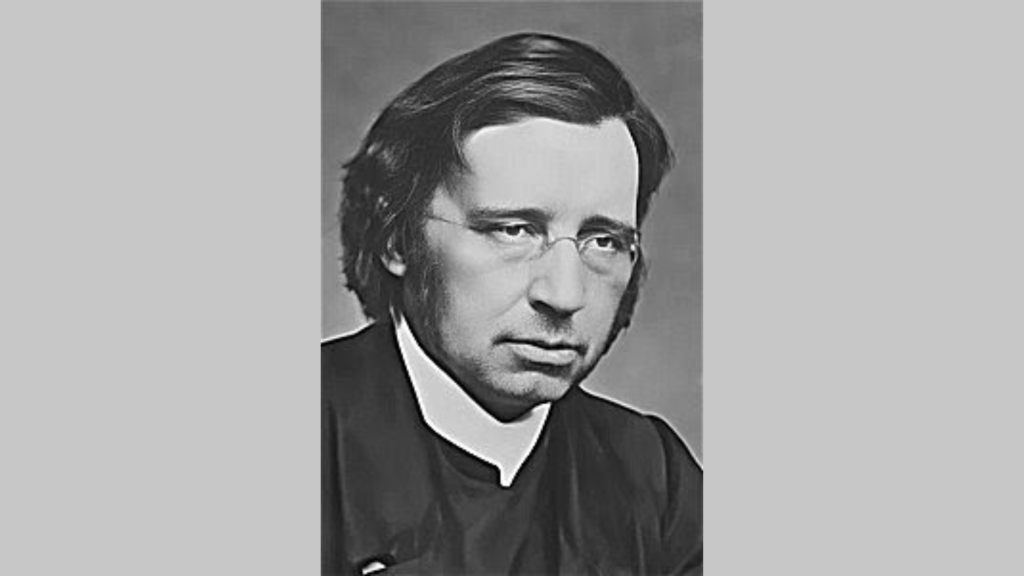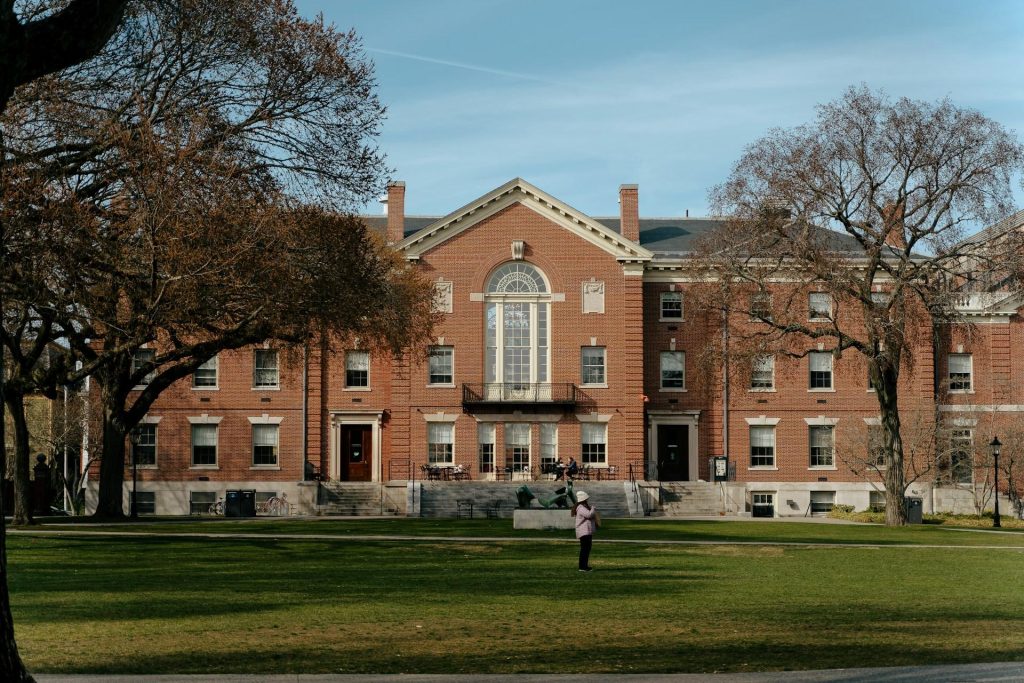John Mason Neale was an English priest and writer born in 1818. He loved studying history and old church writings.
He is best known for translating ancient hymns into English, including Good King Wenceslas and O Come, O Come Emmanuel. His words helped bring old songs back to life.
Neale cared greatly for the poor and started a home for elderly women. He died in 1866, but his music and kindness are still remembered today.
About the Song
O Come, O Come, Emmanuel is one of the most treasured hymns of the Advent season. The lyrics express the longing of Israel, and by extension, all believers, for the coming of the promised Messiah. Its haunting melody and deeply reflective tone create a sense of sacred anticipation.
| Details | Information |
|---|---|
| Release Date | 1851 |
| Writer | Traditional, dates back to the 8th–9th century |
| Translator | John Mason Neale |
| Notable Recordings | Sufjan Stevens, Enya, Pentatonix, Josh Groban, Mannheim Steamroller, King’s College Choir |
Complete Lyrics of O Come, O Come, Emmanuel

O come, O come, Emmanuel,
And ransom captive Israel,
That mourns in lonely exile here,
Until the Son of God appear.
Rejoice! Rejoice! Emmanuel
Shall come to thee, O Israel.
O come, Thou Rod of Jesse, free
Thine own from Satan’s tyranny;
From depths of hell Thy people save,
And give them victory o’er the grave.
Rejoice! Rejoice! Emmanuel
Shall come to thee, O Israel.
O come, Thou Dayspring, from on high,
And cheer us by Thy drawing nigh;
Disperse the gloomy clouds of night,
And death’s dark shadows put to flight.
Rejoice! Rejoice! Emmanuel
Shall come to thee, O Israel.
O come, Thou Key of David, come
And open wide our heav’nly home;
Make safe the way that leads on high,
And close the path to misery.
Rejoice! Rejoice! Emmanuel
Shall come to thee, O Israel.
O come, Adonai, Lord of might,
Who to Thy tribes, on Sinai’s height,
In ancient times didst give the law
In cloud and majesty and awe.
Rejoice! Rejoice! Emmanuel
Shall come to thee, O Israel.
Similar Songs Like O Come, O Come, Emmanuel
Love the feel of O Come, O Come, Emmanuel? You’re not alone. Here are more songs that share that peaceful, meaningful spirit:
- Good Christian Men, Rejoice: This joyful carol blends medieval Latin with bright English lines. It celebrates Christ’s birth with cheerful rhythm and timeless Christmas joy.
- Of the Father’s Love Begotten: Rooted in the early church, this hymn tells the story of Jesus’ divine nature with slow, graceful lines and deep meaning.
- Come, Ye Faithful, Raise the Strain: Known for its uplifting chorus, this hymn celebrates the resurrection with energy and hope that builds with each joyful verse.
Similar Writers Like John Mason Neale
If you admire John Mason’s sacred translations, you’ll likely appreciate these other writers who brought spiritual depth and tradition into Christian worship:
- Isaac Watts
Genre: Hymn Writing / Sacred Poetry
Top albums: When I Survey the Wondrous Cross (1707), Our God, Our Help in Ages Past (1719), Come Holy Spirit (1707) - Charles Wesley
Genre: Hymn Writing / Methodist Gospel
Top albums: Hark! The Herald Angels Sing (1739), Love Divine, All Loves Excelling (1747), Christ the Lord Is Risen Today (1739) - Thomas à Kempis
Genre: Christian Devotional / Latin Hymns
Top albums: O How Glorious Is the Kingdom (c. 15th century), I Am the Way (based on Imitation of Christ, 1441), My Lord and My God (adapted selections, 1450) - Horatius Bonar
Genre: Reformed Hymn Writing / Christian Worship
Top albums: I Heard the Voice of Jesus Say (1846), Go, Labor On (1845), Thy Way, Not Mine, O Lord (1860) - Frederick Oakeley
Genre: Liturgical Translation / Hymnody
Top albums: O Come, All Ye Faithful (1841), How Sweet the Name of Jesus Sounds (1850), Sing, My Tongue, the Glorious Battle (1852)
Frequently Asked Questions
What does Emmanuel Mean?
Emmanuel means God with us, a name for Jesus that appears in Matthew 1:23, reflecting the prophecy from Isaiah 7:14.
How did O Come, O Come, Emmanuel Become Popular?
Its popularity grew after John Mason Neale’s translation and Thomas Helmore’s pairing of the text with the French melody in the mid-19th century, making it a staple in Advent and Christmas services.
Who Composed the Tune for O Come, O Come, Emmanuel?
The melody most associated with the hymn, known as Veni Emmanuel, is a 15th-century French tune. It was paired with the English text by Thomas Helmore in 1851.





















